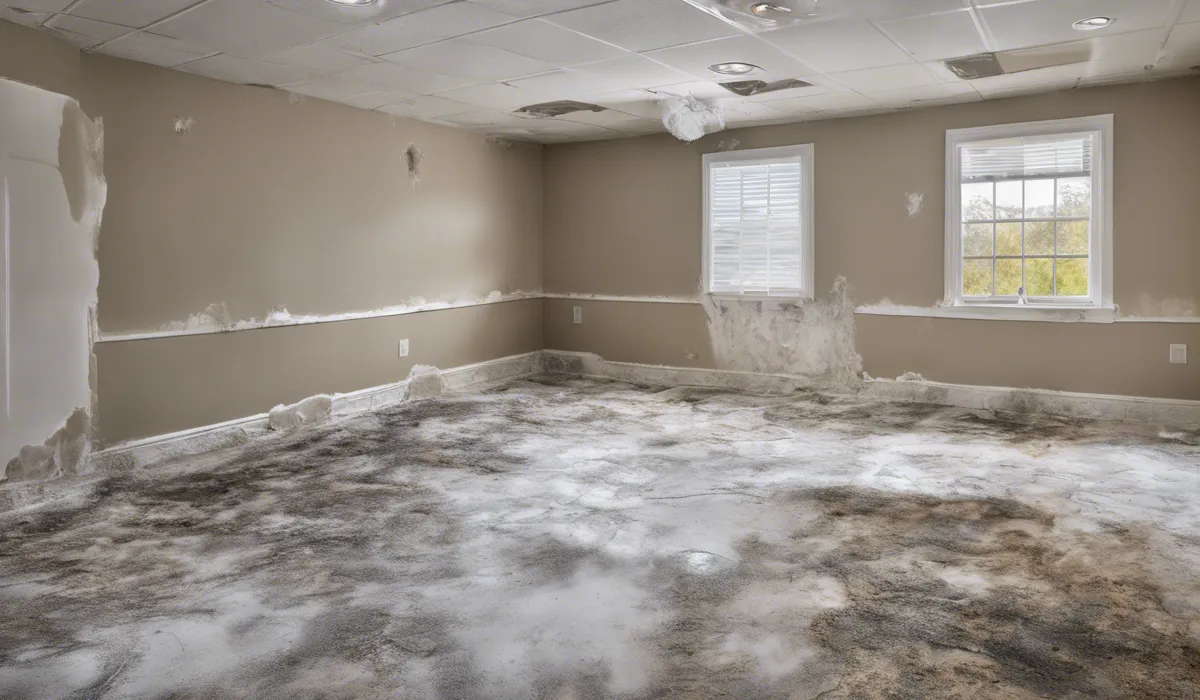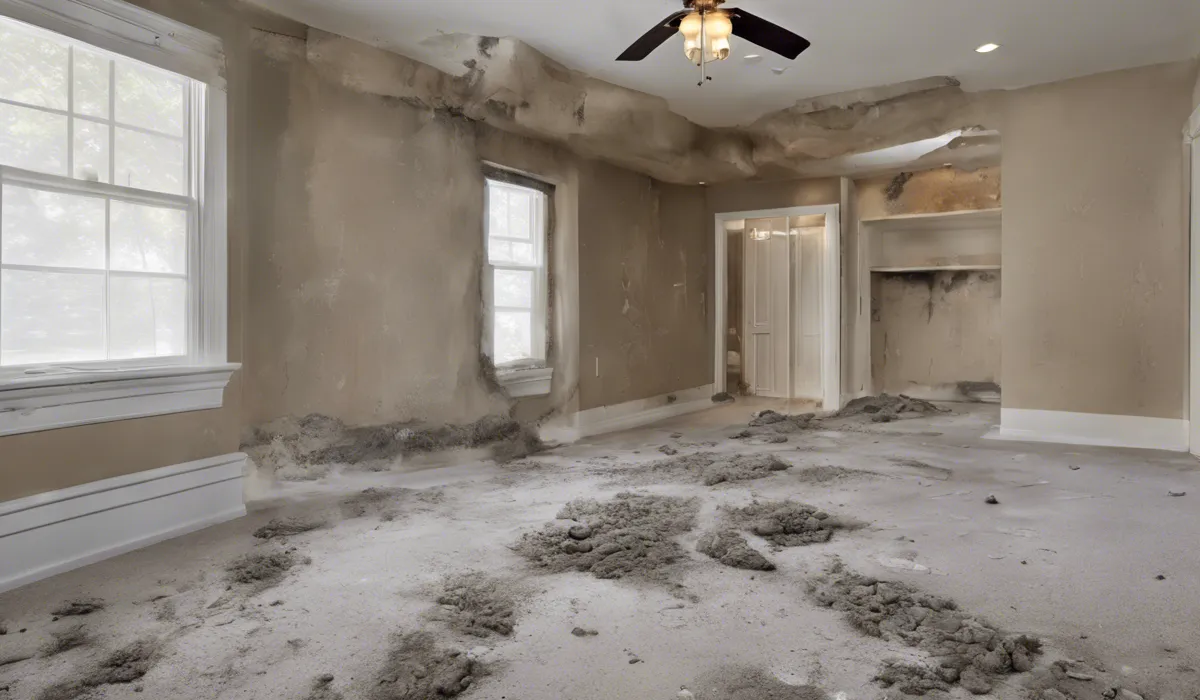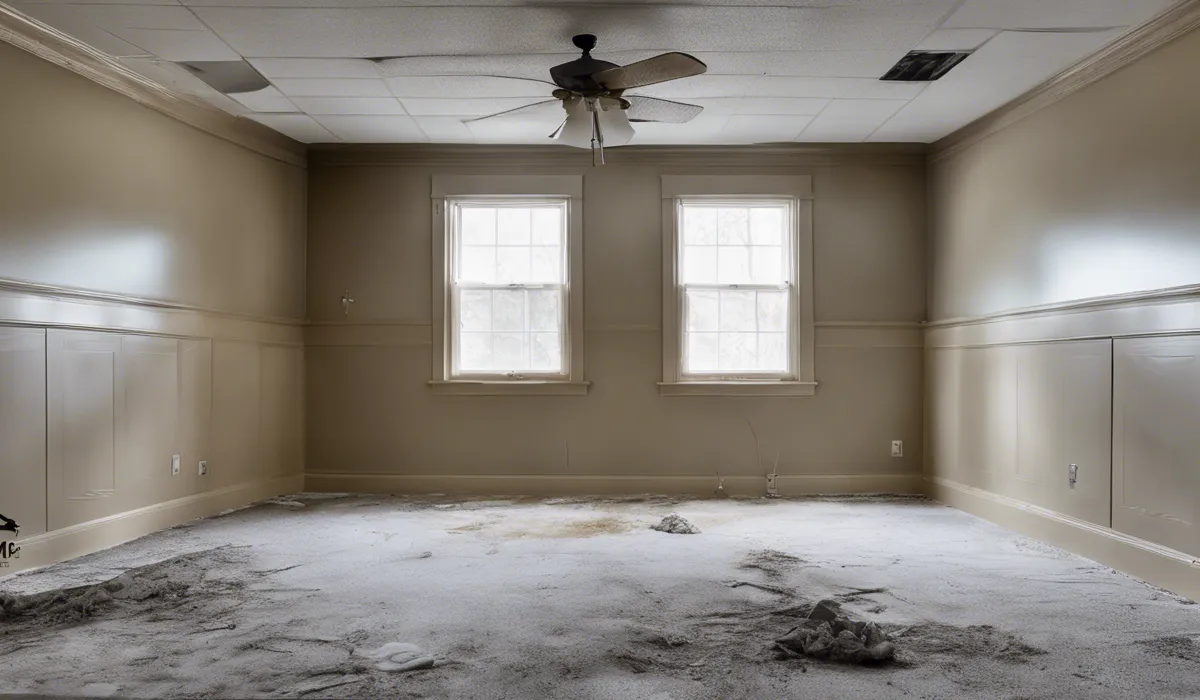In many regions, mold remediation companies are required to hold a specific license or certification. Regulations vary by state and locality, so it’s essential to check with your local health department or consumer protection office to understand the requirements in your area.
Importance of Licensing for Mold Remediation Companies

What Is Mold Remediation?
Mold remediation is a specialized process aimed at removing mold and preventing its return in a home or business.
This process involves assessing the extent of mold growth, containing the affected area, cleaning or removing mold-infested materials, and treating the area to inhibit future mold growth.
Professionals use various techniques and tools to ensure a thorough job, safeguarding a property’s structural integrity and indoor air quality.
Health Risks of Mold Exposure
Exposure to mold can pose significant health risks, particularly for individuals with allergies, asthma, or compromised immune systems.
Mold spores can irritate the eyes, skin, nose, throat, and lungs, even in people who are not allergic to them.
Long-term or high exposure may lead to more serious health issues, underscoring the need for proper mold remediation practices.
Role of Licensing in Safety and Professionalism
Licensing acts as a gatekeeper for industry professionalism and safety.
A license assures that the company has met certain standards set by governing bodies, ensuring the safety of both the workers and the occupants of the property during and after mold removal.
It confirms that the company is knowledgeable about proper remediation techniques and is committed to following safety regulations.
Standards and Guidelines for Licensed Professionals
Licensed mold remediation professionals are required to adhere to established standards and guidelines, which may include the Environmental Protection Agency’s (EPA) recommendations and the Institute of Inspection, Cleaning and Restoration Certification (IICRC) standards.
These regulations ensure that remediation work is performed correctly, effectively, and safely.
State Regulations and Licensing Requirements

Variations in Licensing Requirements
While mold remediation licensing requirements differ across states, it’s crucial to be aware of local mandates.
Some states have comprehensive regulations and licensing programs, while others may have more general contractor requirements that still pertain to mold remediation services.
States with Strict Licensing Laws
States like Texas, Louisiana, and Florida have strict licensing laws for mold remediation.
These states require mold remediation companies to obtain specific licenses, ensuring that they have the necessary training and qualifications to safely and effectively remove mold.
Obtaining a Mold Remediation License
The process of obtaining a mold remediation license typically involves completing a state-approved training course, passing an examination, and meeting experience requirements.
These steps ensure that professionals have a solid understanding of mold remediation principles and practices.
Operating Without a License
Operating without a license in states that require one can lead to penalties and legal consequences.
These may include fines, cease and desist orders, and potentially reputational damage, which could significantly impact the business’s ability to operate.
Benefits of Hiring a Licensed Mold Remediation Company

Assurance of Quality and Standards
When you hire a licensed mold remediation company, you have the assurance that the service will be of a high standard.
Licensed companies are required to follow industry best practices, which means they are more likely to resolve your mold issue effectively and prevent it from reoccurring.
Liability Insurance and Worker’s Compensation
Licensed companies are typically required to carry liability insurance and worker’s compensation.
This protects you from being held financially responsible if an accident occurs on your property during the remediation process.
It also ensures that workers are covered in case of job-related injuries.
Continued Education and Updated Practices
Licensing often comes with the requirement for continued education.
This ensures that mold remediation professionals stay current with the latest industry practices and technologies, providing you with the most effective service possible.
Accountability and Consumer Complaints
A licensed mold remediation company is accountable to regulatory bodies. If you have any issues with the service provided, you have formal avenues to lodge complaints.
This accountability provides an additional layer of protection for consumers and helps maintain high service standards in the industry.
Final Thoughts
Licensing or certification for mold remediation companies is often mandated, with requirements varying by region.
To ensure compliance with local regulations, it’s crucial for consumers to consult their area’s health department or consumer protection office to confirm what is necessary for mold remediation services in their specific locality.
